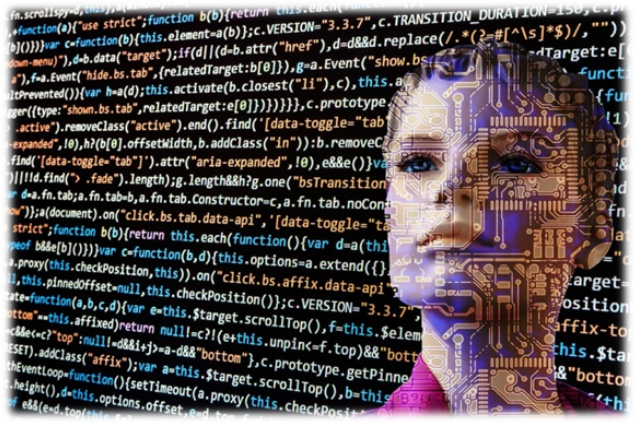A little more than a year ago, in another post of this blog, our colleague Sergio Saludes already commented what is deep learning and detailed several of its applications (such as the victory of a machine based on these networks over the world champion of Go, considered the most complex game in the world).
Well, in these 16 months (a whole world in this topic) there has been a great progress in terms of the number of applications and the quality of the results obtained.
Considering, for example, the field of medicine, it has to be said that diagnostic tools based on deep learning are increasingly used, achieving in some cases higher success rates than human specialists. In specific specialties such as radiology, these tools are proving to be a major revolution and in related industries such as pharmaceuticals have also been successfully applied.
In sectors as varied as industrial safety, they have recently been used to detect cracks in nuclear reactors, and have also begun to be used in the world of finance, energy consumption prediction and in other fields such as meteorology and the study of sea waves.
Autonomous vehicle driving projects, so in vogue these days, mainly use tools based on deep learning to calculate many of the decisions to be made in each case. Regarding this issue, there is some concern about how these systems will decide what actions to take, especially when human lives are at stake and there is already a MIT webpage where the general public can collaborate in creating an “ethics” of the autonomous car. Actually, these devices can only decide what has previously been programmed (or trained) and there is certainly a long way to go before the machines can decide for themselves (in the conventional sense of “decide”, although this would lead to a much more complex debate on other issues such as singularity).
Regarding the Go program discussed above (which beat the world champion by 4 to 1), a new version (Alpha Go Zero) has been developed that has beaten by 100 to 0 to that previous version simply knowing the rules of the game and training against itself.

In other areas such as language translation, speech comprehension and voice synthesis have also advanced very noticeably and the use of personal assistants on the mobile phone is beginning to become widespread (if we overcome the natural rejection or embarrassment of “talking” with a machine).
CARTIF is also working on deep learning systems for some time now and different types of solutions have been developed, such as the classification of architectural heritage images within the European INCEPTION project.
All these computer developments are associated with a high computational cost, especially in relation to the necessary training of the neural networks used. In this respect, progress is being made on the two fronts involved: much faster and more powerful hardware and more evolved and optimized algorithms.
It seems that deep learning is the holy grail of artificial intelligence in view of the advances made in this field. This may not be the case and we are simply looking at one more new tool, but theres is no doubt that is an extremely powerful and versatile tool that will give rise to new and promising developments in many applications related to artificial intelligence.
And of course there are many voices that warn of the potential dangers of this type of intelligent systems. The truth is that it never hurts to prevent the potential risks of any technology, although, as Alan Winfield says, it’s not just artificial intelligence that should be feared, but artificial stupidity. Since, as always happens in these cases, the danger of any technology is in the misuse that can be given and not in the technology itself. Faced with this challenge, what we must do is promote mechanisms that regulate any unethical use of these new technologies.
We are really only facing the beginning of another golden era of artificial intelligence, as there have been several before, although this time it does seem to be the definitive one. We don’t know where this stage will take us, but trusting that we will be able to take advantage of the possibilities offered to us, we must be optimistic.
- Collaborative robots: new work employees on construction - 31 July 2024
- New strategies (and technologies) against huge forest fires - 11 February 2022
- Improvement of the road maintenance through Artificial Intelligence - 29 October 2021
